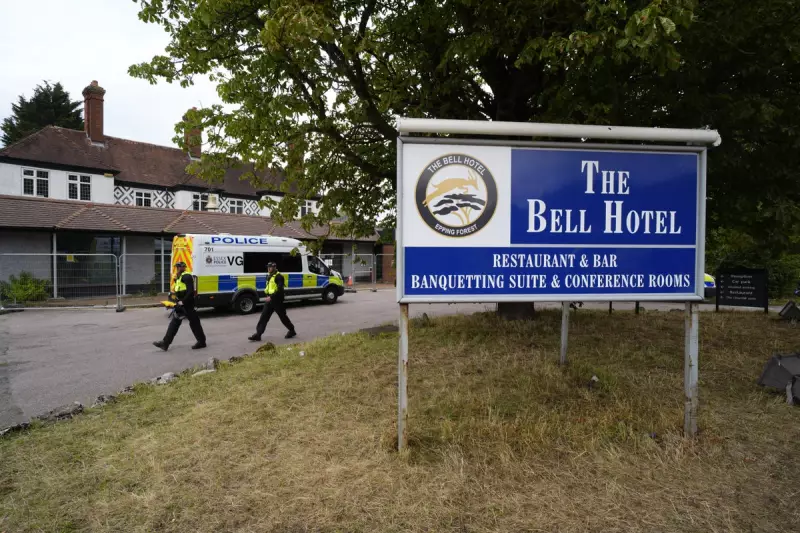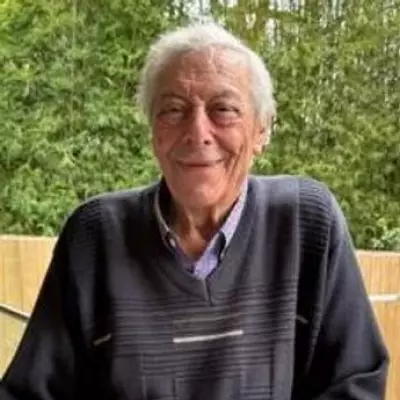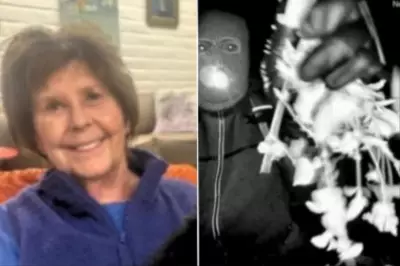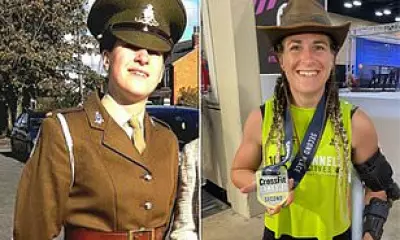
In a stunning development that exposes a grave miscarriage of justice, the Court of Appeal has overturned the double murder convictions of two men, nearly 41 years after they were found guilty of a brutal killing in Epping Forest.
William Lockhart and Michael O'Brien, now in their sixties, had their convictions quashed after senior judges ruled the original 1981 trial was fundamentally unfair. The case centred on the murder of 22-year-old Lynette White, whose body was discovered in a blood-soaked flat in Epping, Essex.
Flawed Evidence and a 'Lurid' Confession
The prosecution's case relied heavily on a disputed cell confession allegedly made by Mr. O'Brien to a fellow inmate, described by the Appeal Court judges as "lurid" and highly suspect. The judges found that the trial jury was never made aware of the full picture regarding this key witness's credibility.
Lord Justice Fulford, delivering the ruling, stated that the non-disclosure of evidence relating to the inmate's reliability was a "significant failure" that rendered the convictions unsafe.
A Four-Decade Fight for Justice
For Mr. Lockhart and Mr. O'Brien, the ruling marks the end of a gruelling 41-year battle to clear their names. The pair have always maintained their innocence in the killing, which involved a horrific attack with a knife and hammer.
The appeal hearing revealed that the witness who claimed to have heard the confession had a history of providing information to police on numerous other occasions, a fact withheld from the original defence team.
Landmark Ruling and Systemic Implications
This case raises serious questions about historical police investigation techniques and the use of prison informants. The judges' decision highlights the critical importance of full disclosure in ensuring a fair trial.
The ruling serves as a powerful reminder of the justice system's capacity for error and the enduring impact of wrongful convictions on the lives of those affected.





